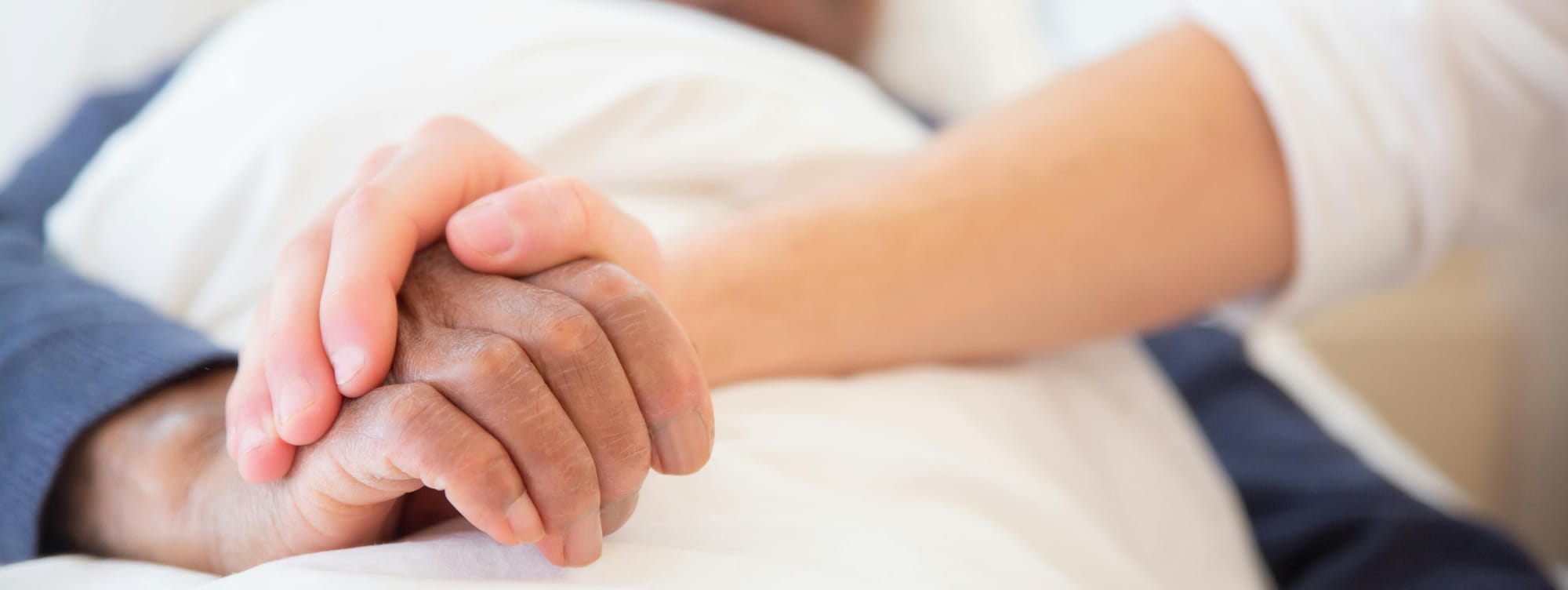Embracing Life: A Catholic Response to Euthanasia Legislation

In recent months, the issue of euthanasia has been making headlines across the globe. Countries such as Canada and several European nations have been expanding their euthanasia laws, sparking debates about the moral implications and ethical considerations of ending one's life through medical assistance. As Catholics, it is essential to engage with this topic thoughtfully and compassionately, guided by our faith's teachings on the sanctity of life.
The Catholic Perspective on Euthanasia
The Catholic Church firmly upholds the belief that all life is sacred, from conception to natural death. Euthanasia, which involves intentionally ending a person's life to alleviate suffering, is viewed as morally wrong because it contradicts the divine plan for human life and undermines the inherent dignity of the person. The Catechism of the Catholic Church clearly states: "Whatever its motives and means, direct euthanasia consists in putting an end to the lives of handicapped, sick, or dying persons. It is morally unacceptable" (CCC 2277).
The Dignity of Suffering
One of the most challenging aspects of the euthanasia debate is addressing the suffering experienced by those with terminal illnesses or debilitating conditions. While the desire to alleviate pain is understandable, the Catholic faith teaches that suffering has profound spiritual value. Pope John Paul II, in his apostolic letter Salvifici Doloris, highlighted the redemptive nature of suffering when united with Christ's own suffering: "In the cross of Christ not only is the Redemption accomplished through suffering, but also human suffering itself has been redeemed" (Salvifici Doloris, 19).
Palliative Care: A Compassionate Alternative
The Church advocates for palliative care as a compassionate and ethical alternative to euthanasia. Palliative care focuses on providing relief from the symptoms, pain, and stress of serious illness, aiming to improve the quality of life for both the patient and their family. This approach respects the dignity of the person and acknowledges the natural course of life, offering holistic support—physical, emotional, and spiritual.
Supporting the Vulnerable
Legalizing euthanasia can lead to dangerous societal consequences, particularly for the most vulnerable. There is a risk that the elderly, disabled, and those with mental illnesses may feel pressured to choose euthanasia due to perceived burdensomeness or societal expectations. As Catholics, we are called to stand in solidarity with these individuals, advocating for their protection and ensuring they receive the care and support they deserve.
The Role of Faith Communities
Faith communities have a crucial role in addressing the euthanasia debate. By promoting a culture of life, we can provide support, education, and advocacy for the dignity of every person. Parishes can organize workshops on palliative care, offer spiritual guidance to those facing end-of-life issues, and create networks of volunteers to assist families in need.
A Call to Action
In light of the ongoing legislative changes regarding euthanasia, Catholics are encouraged to engage in respectful dialogue and advocacy. Writing to lawmakers, participating in public forums, and supporting organizations that uphold the sanctity of life are tangible ways to make a difference. By witnessing to the value of every human life, we can contribute to a society that honors and protects its most vulnerable members.
The issue of euthanasia is complex and deeply personal, touching on fundamental questions about life, suffering, and death. As Catholics, we are guided by the teachings of our faith to uphold the dignity of every person and to provide compassionate care for those in need. By embracing a culture of life and promoting ethical alternatives to euthanasia, we can offer hope and support to those facing the end of life and affirm the sanctity of God's creation.